After Malaysian home improvement company Mr. DIY won its first award for its environmental, social and governance (ESG) program from The Edge Magazine’s inaugural ESG Awards last November, Adrian Ong, the chief executive, said that the company aims to sell more eco-friendly products. In a statement, he said that Mr. DIY was going to increase the share of eco-products – defined as those that are capable of reducing energy and water consumption; made of recycled material; made of biodegradable material; and reusable – to 10 per cent of sales by 2030, from 3 per cent in 2021. This, he said, was “to further strengthen its commitment to sustainable practices”.
Mr. DIY is just one of the home improvement retailers across Southeast Asia that have embraced conscious consumerism. A review of the sustainability reports of seven of the leading companies in Southeast Asia shows that ethical trade is emerging as a strong trend in the regional home improvement retailing landscape.
One reason for this is that public companies are now subject to just-implemented or soon-to-be-effective ESG reporting requirements in the region. But apart from this, there is also a growing call from consumers themselves for companies to offer more sustainable product options.
In a report called “Unpacking Asia-Pacific Consumers’ New Love Affair with Sustainability” published last July 2022, Bain & Co. noted that 16 000 shoppers across the broader region ranked “good for the planet” as the third most important criterion for purchases, next only to “health benefits” and “quality”. It ranked one notch higher than price and value-for-money considerations in the price-sensitive region.
The report also states that a significant number of Southeast Asian shoppers – 21 per cent in Thailand, 16 per cent in Indonesia and the Philippines, 13 per cent in Vietnam, 10 per cent in Singapore, and 9 per cent in Malaysia – are environmentally and socially conscious, outnumbering those in South Korea (7 per cent) and Japan (5 per cent).
“Customers are becoming more conscious about the impacts of their lifestyles,” Wilcon Depot, the Philippines’ top home improvement retailer, noted in its 2021 Sustainability Report. Like Mr. DIY, Wilcon has been beefing up the green product offerings on its shelves, highlighting sustainability features that promote water conservation, pollution mitigation, and circularity. Among others, the company said that it sells low-flow, dual flush water fixtures; low-consumption, longer…

 Menü
Menü




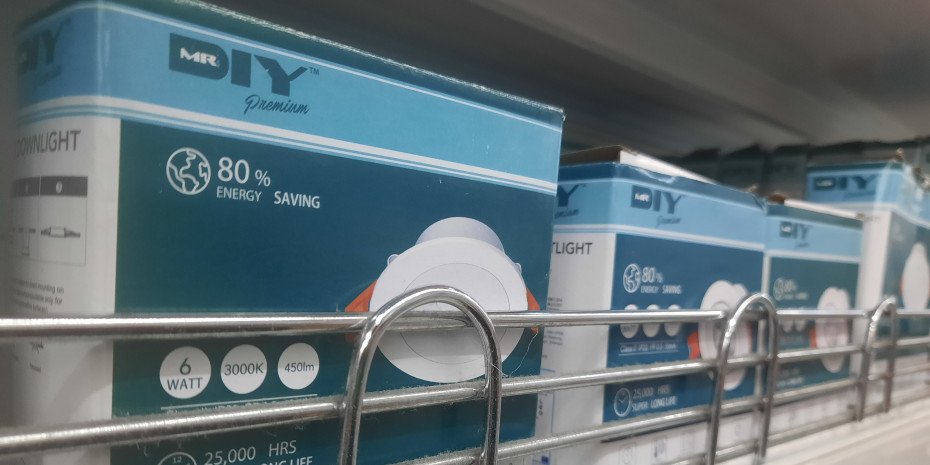

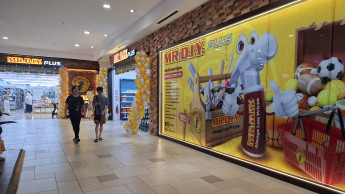
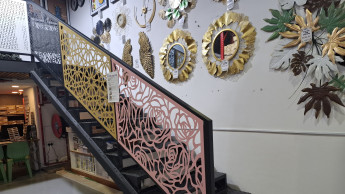





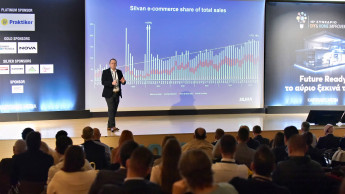
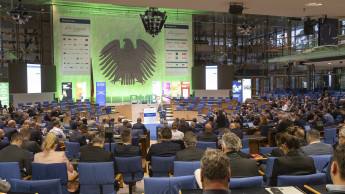
 Newsletter
Newsletter